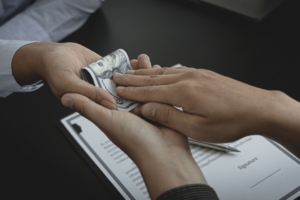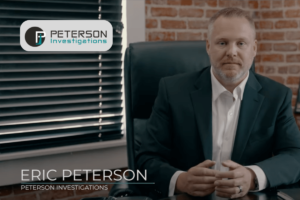With the Capital One data breach in the news, we wanted to offer some tips on how people can protect their data online and not become a victim to scammers and hackers.
Cybersecurity attacks are increasing both in frequency and scale on large corporations. Even though these companies have resources available to increase their security measures, cybersecurity is often not considered a priority. The takeaway is that we need to be proactive with our own security, credit and privacy.
The first thing we recommend is to request a free credit report and review it at least once a year. This can be accomplished by going to www.annualcreditreport.com and downloading your credit report. You can also sign up to have your credit monitored through a trusted service.
If a data breach has directly impacted you, consider placing a freeze on your credit with the credit bureaus. Additionally, we recommend signing up for alerts at your financial institutions, to ensure you are notified of withdrawals and charges that exceed a certain amount.
Along the lines of protecting your personal security, it is important to note that we have seen an increase in email scams involving banks. With respect to these scams, don’t respond to calls, emails, or texts from people claiming to be creditors, banks or other financial institutions.
It is advised to not click links from emails or text messages. Instead, navigate to the official site directly. For example, when conducting financial transactions online or entering personal information, be sure the website is valid by checking if the domain matches the official domain of that respective institution. Secure websites will also display “https://“ which helps offer a vital layer of protection.
If the entity you conduct business with offers Multi-Factor Authentication, be sure to activate it on your account. This helps prevent a breach of your own data, especially if your credentials are compromised, because it requires additional methods to be able to log in successfully.
Lastly, for our commercial audience, we’ve had an influx of calls from our corporate clients—oftentimes when it’s too late—expressing an increase in payroll scams. The person in charge of the payroll is sent a legitimate-looking email to pay a fake invoice (otherwise known as a “phishing attack”. Read more about phishing here.) These fake transactions are difficult to trace and law enforcement agencies may not be able to investigate it, unless it meets a certain dollar amount. It is imperative that companies train their employees in spotting these ever-increasing scams.
As always, if you have a question or experience an issue either personally or professionally feel free to contact us for a free consultation at 714-406-3506.






